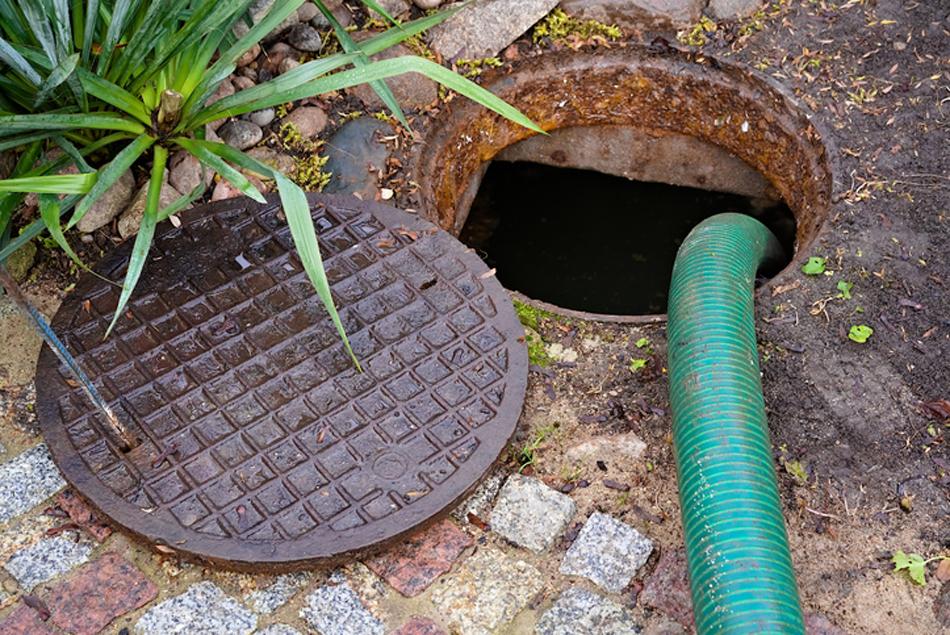For homeowners in Northern Virginia, knowing how often to pump your septic tank is arguably the most critical aspect of septic system maintenance. Regular pumping prevents the buildup of sludge and scum, which can otherwise lead to system failure, costly repairs, and potential environmental hazards. While there’s no single “magic number” that applies to every household, understanding the influencing factors and “the 1/3 rule” will help you determine the optimal schedule for your Virginia home.
Factors Influencing Septic Pumping Frequency
The Virginia Department of Health often recommends pumping at least once every 3-5 years for most conventional septic systems, but several variables can necessitate more frequent service:
- Household Size (Number of Occupants):
- More people living in a home means more wastewater entering the septic tank. A family of five will fill their tank and accumulate sludge much faster than a single person.
- Larger households generally need more frequent pumping.
- Septic Tank Size:
- A larger septic tank can hold more solids before needing to be pumped. Common residential tank sizes in Virginia range from 1,000 to 1,500 gallons or more.
- Smaller tanks require more frequent pumping for the same household size.
- Wastewater Generation (Water Usage):
- Even with the same number of occupants, high water usage (e.g., long showers, frequent laundry loads, leaky plumbing, excessive garbage disposal use) will introduce more liquid and potentially more solids into the tank, accelerating sludge accumulation.
- High water usage often means more frequent pumping.
- Amount of Solids:
- This is influenced by factors like garbage disposal use. Disposals introduce a significant amount of food solids into the tank, which break down slower than human waste and contribute to faster sludge buildup.
- Homes with garbage disposals often need pumping more frequently.
- Presence of an Effluent Filter:
- Many newer septic systems in Virginia are equipped with an effluent filter at the tank’s outlet. While these filters protect the drain field, they must be cleaned regularly (often annually) by a homeowner or professional. If not cleaned, they can clog, leading to backups, even if the tank isn’t “full.”
The “1/3 Rule” for Scum and Sludge
While estimating based on household size is a good start, the most accurate way to determine if your tank needs pumping is to physically inspect the sludge and scum layers. A professional septic technician from Great Falls Septic Service can do this during an inspection.
- Sludge Layer: The heavy solids that settle at the bottom of the tank.
- Scum Layer: The lighter materials (grease, oil, fats) that float on top.
The “1/3 rule” suggests that your tank needs pumping when the combined thickness of the scum and sludge layers occupies roughly one-third of the tank’s liquid depth. If the sludge layer gets too thick, it can get pushed out into the drain field, leading to catastrophic failure. Similarly, if the scum layer becomes too thick, it can clog the outlet pipe.
Consequences of Neglecting Regular Pumping
Skipping regular septic pumping might seem like a cost-saving measure in the short term, but at Great Falls Septic Service, we can tell you it almost always leads to much more expensive problems down the line:
- Sewage Backups: The most immediate and unpleasant consequence. When the tank overfills, or the outlet is blocked by excessive sludge/scum, wastewater has nowhere to go but back into your home through drains and toilets.
- Drain Field Failure: This is the most severe and costly outcome. If solids are pushed out of an overfull tank into the drain field, they clog the soil pores, preventing proper absorption and treatment. A failed drain field means standing water, foul odors, and potentially thousands of dollars for repair or replacement in Virginia.
- Odor Problems: An overfull tank or struggling drain field will often emit foul, sewage-like odors in your yard or even inside your home.
- Environmental Contamination: Untreated or poorly treated wastewater can contaminate groundwater, nearby wells, and surface waters, posing serious health risks to your family and community in Virginia.
- Reduced System Lifespan: Neglect dramatically shortens the overall lifespan of your entire septic system, forcing premature replacement.
The Best Approach for Northern Virginia Homeowners:
Don’t wait for problems to arise. The best approach is to:
- Understand Your System: Know your tank size and approximate household water usage.
- Schedule Regular Inspections & Pumping: Even if you think your tank is fine, have a licensed septic professional in Northern Virginia from Great Falls Septic Service inspect and pump your system every 3-5 years (or more frequently if recommended by your technician or due to heavy usage).
- Keep Records: Maintain a log of when your tank was last pumped and any maintenance performed.
Investing in regular septic pumping is the most cost-effective way to protect your septic system and ensure your Virginia home remains healthy and comfortable. Contact Great Falls Septic Service today to schedule your next pumping!


